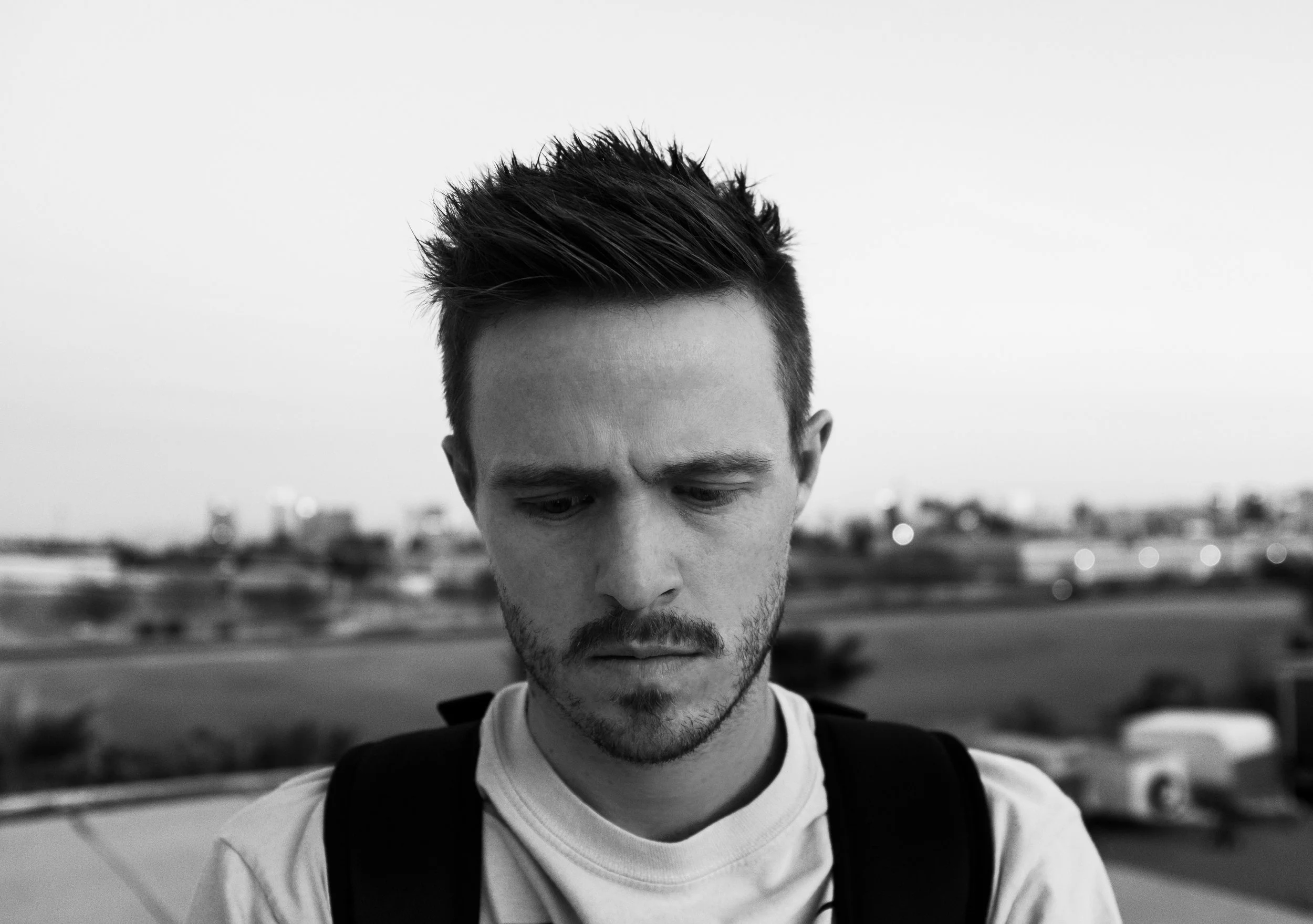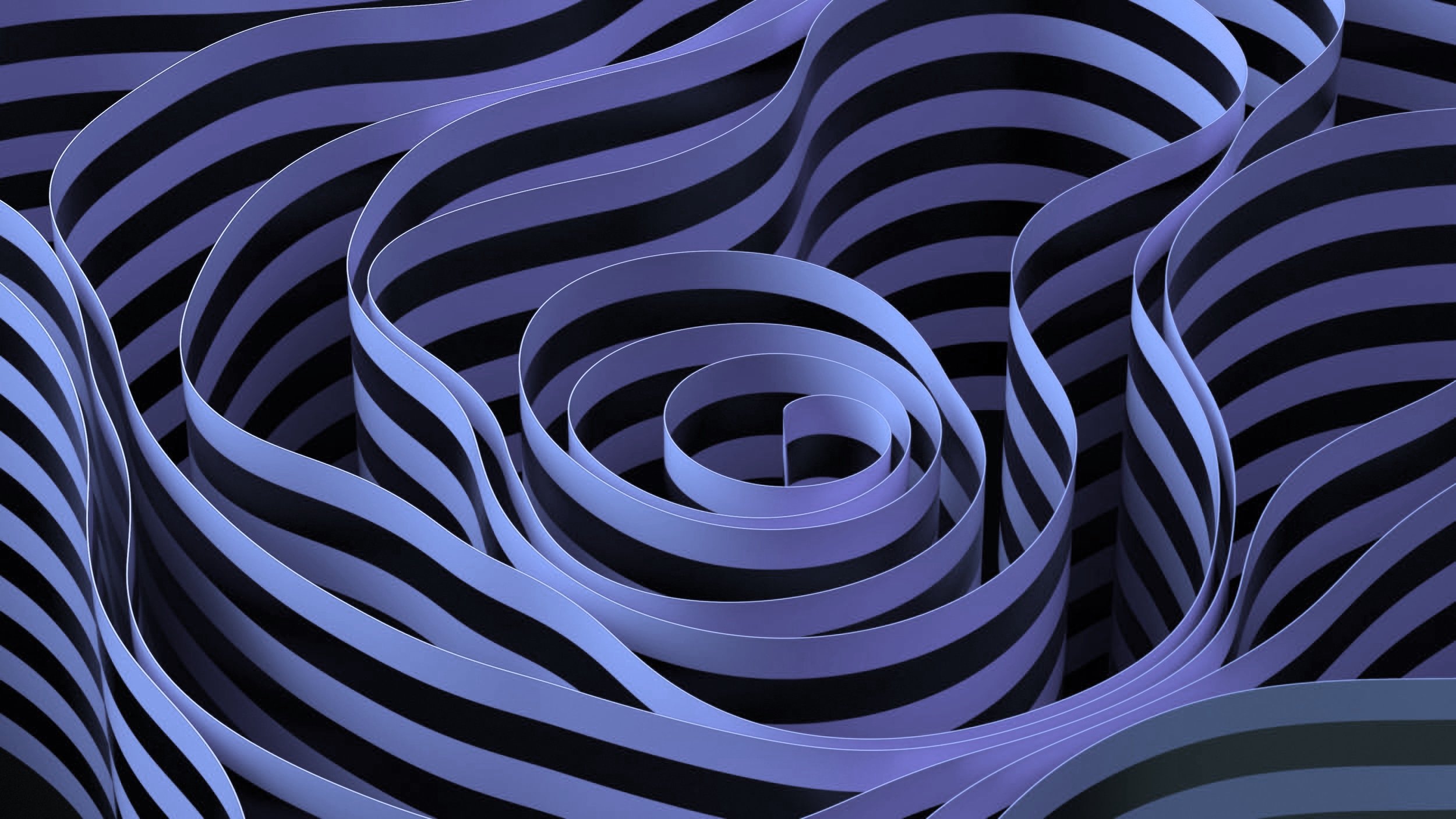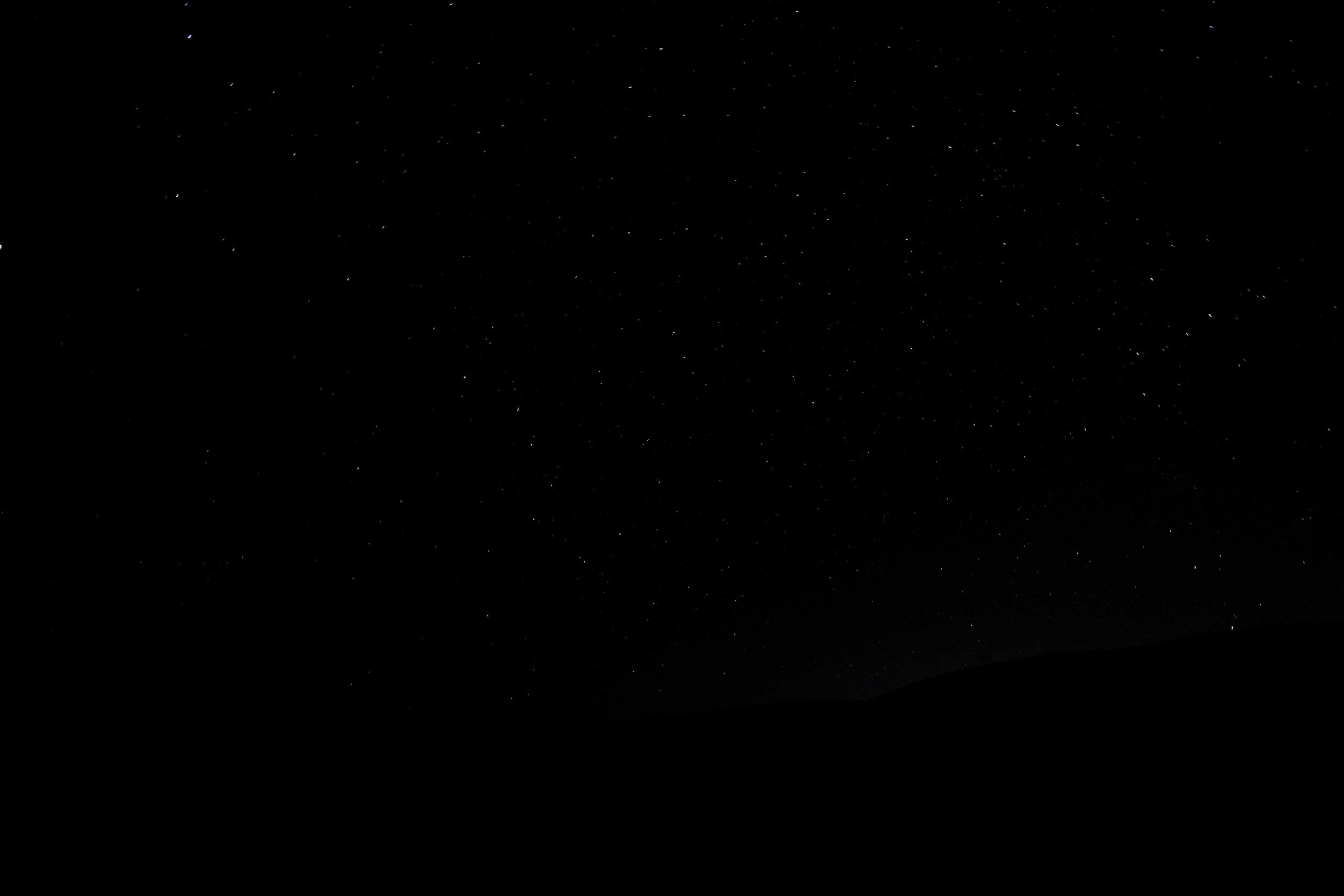Specialist OCD Therapy Treatment
with Dr. Pointer
Private UK OCD Specialist
Therapy that goes right to the heart of our OCD experiences
Dr. Pointer is a Chartered Clinical Psychologist & Psychotherapist, specialising in the treatment of Obsessive Compulsive Disorder (OCD)
BPS Chartered & HCPC Registered
Before recovering from OCD himself, Dr. Pointer experienced many different OCD themes, including “taboo” themes & other debilitating & surreal themes, so he can promise you both understanding & discretion
☸︎
This service is for adults (18+) who are in the United Kingdom (UK) or the Channel Islands during their therapy sessions
OCD therapy for distressing intrusive thoughts, images, urges, obsessions, & compulsions
(for all OCD subtypes / themes)
Benefit from decades of clinical experience, personal lived experiences of OCD, & an innovative synergy of the evidence-based cognitive behavioural therapies for Obsessive Compulsive Disorder (CBT for OCD) ~ ERP, RF-ERP, ACT, I-CBT/IBT, CFT, & MCT, along with concepts & practices from Hypnosis & Buddhism
~ this synergy combines the best of each of these OCD therapeutic approaches into a powerful treatment protocol; bringing a fresh perspective to your OCD experiences, & making the seemingly impossible challenge of dropping your compulsions (a key component of OCD recovery) much more manageable
~ woven into relaxed, natural conversations & techniques/practices
~ one-to-one Specialist OCD Therapy Treatment, tailored to your own specific OCD subtypes / themes & personal psychology
Dr. Pointer
“Both my own experiences of OCD from an early age & my clinical training have led me to deeply understand OCD, & how to recover from it”
“Unless you’ve experienced OCD, you won’t realise just how immersive the experience is”
Finding your tribe ~ Dr. Pointer, Private UK OCD Specialist with lived experiences of OCD
Given how uncomfortable we can be about our OCD experiences, it is so important to have a therapist with whom we feel comfortable
And therapy with Dr. Pointer will feel like meeting your kindred spirit, because people who have experienced OCD will always have a lot in common with one another, & a sense of where each other is coming from
Dr. Pointer has been where you are now. He understands the nature of your obsessions, intrusive thoughts, intrusive images, emotions, urges, physical sensations, compulsions, struggles, & distress, & how to guide you out of the OCD headspace, in which you have become lost, confused, trapped, & stuck
Regardless of how you might feel about your OCD experiences, nothing is too weird, strange, taboo, embarrassing, shameful, etc., to bring to therapy with Dr. Pointer. He knows where you are coming from, & wants to help you
Dr. Pointer’s clients often say that he was the first person they met whom they felt really understood them & was able to make a significant positive difference to their lives
An OCD Specialist who is relatable
Dr. Pointer is an expert in his field, relatable, & down to earth - & helps you through an innovative synergy of evidence-based psychological therapies for OCD (ERP, ACT, CBT, IBT / I-CBT, RF-ERP, MCT)
Specialist OCD therapy for all subtypes / themes
Existential OCD, Pure O OCD, Race OCD, Harm OCD, Suicide OCD, Somatic OCD/ Sensorimotor OCD, Real Event OCD, Pedophile-themed OCD (POCD), Incest OCD, Zoophilia OCD (ZOCD), Hit and Run OCD, Relationship OCD, False Memory OCD, Moral OCD / Scrupulosity OCD, Contamination OCD, Checking OCD, Symmetry and Exactness OCD, Magical Thinking OCD, Just Right OCD, Sexual Orientation OCD (SO-OCD)/ Homosexual OCD (HOCD), Gender OCD, Religious OCD, & Staring OCD
This is not an exhaustive list of what Dr. Pointer can treat - even if you do not see your experience of OCD listed, he can help you
It is very common to have multiple OCD themes that interact with one another. For example, Magical thinking & POCD ~ “Unless I put my jumper on the ‘right way,’ I will become a pedophile”
For more information on themes, click on the “subtypes/themes” button
When we are caught up with OCD doubts, it’s a very immersive experience
OCD doubts seem more real than reality - it’s like we have flipped reality and imagination around, and that reality feels fake, and our imagination feels real
Taboo thoughts in OCD are common
You can trust in Dr. Pointer to understand and help you. Common themes include sexual images of family members and children, thoughts of “what if I’m attached to my sister/ brother/ mother/ father/ child?,” sexual and violent thoughts, such as “what if I’m a pedophile?,” “what if I like this feeling of being touched by my child?”, “what if I push them down the stairs/escalator?”, “what if I murder someone?,” “what if I have murdered someone and not remembered doing it?,” “what if I want this terribly bad thing to happen and I would secretly enjoy it?, “what if I’m evil?,” ~ & every other taboo thing you can think of. We can have what appears like random “horrible”thoughts when kissing family members, praying, doing certain task, when in certain situations, when around certain/all people, that makes us feel bad, ashamed, guilty, & anxious
Oh no! But what if I don’t have OCD? What if there is something wrong with me? My past? The future? The world? The universe? Reality? What if I’m making excuses for myself? What if I’m…? What if what I fear is real?
Convincing ourselves that maybe we do not have OCD, and that really everything we fear is actually true, is a very common “trick” that our OCD mind plays on us ~ we end up convinced that these things our real, rather than stuff we have just made up (even if it feels like we did not do any of this ourselves)
What if having bad thoughts/ images/ bodily sensations means that I’m a bad person?
We can become obsessed with the inaccurate idea that having “bad” thoughts/ images/ bodily sensations is the same as being a “bad” person. So we try to avoid triggers that we see as bringing on these unwanted experiences, and yet find that we can’t help but experience them. And the more we ruminate from within this OCD story, the more convinced we become that we are bad, and that we deserve to be punished by ourselves (and possibly others, too)
Can OCD make you feel like you’re going mad?
When we keep doing the same thing over and over, and each time we feel even less unsure of ourselves and what we’ve done and seen than before, it really does feel like we’ve “lost it.” And trying to hide that from other people for fear of judgment makes us even more stressed, and our OCD worse. Dr. Pointer understands
What if my OCD makes me do it?
OCD can make us feel like we have no control over our mind, our body, and our behaviour. We can end up convinced that we will be overwhelmed by an urge to do something dangerous, terrible, and against our values. But in reality, it has no pull over us; we just imagine it has. And it is us imagining this powerful urge then makes it seem so powerful. I know it does not seem that way, but regardless of how strong the urge feels, it is just us getting immersed in our imagination, thoughts, & related muscle tension. Our OCD can not make us do anything
What if by thinking or picturing this bad thing, I make it happen?
This is a very common belief when caught up in our OCD. We fear that we will manifest it, and/or that what we are experiencing is a premonition, & therefore we must take action to prevent it ~ maybe by not doing something, going somewhere, warning people, etc., otherwise we think that if the thing we fear happens, then it will be our fault that we did not do everything we could do prevent harm
What if I'm trapped; plagued by my OCD thoughts &/or physical sensations forever, and it ruins everything now & in the future?
This is a very distressing experience; & the more trapped we feel by our thoughts and physical sensations, the more we struggle not to experience what is distressing us. Thoughts, earworms (words, phrases, & sounds on loop) &/or physical sensations (blinking, swallowing, breathing, etc.) follow us around, and we think, “this is ruining my life” (my relationships, both ordinary things like watching the TV “properly,” & moments that would otherwise by special and precious to me)
What if my OCD is too severe for me to get better? What if I’m treatment resistant and I’ll never get better? What if the therapy makes me worse? What if I’m “broken” & “unfixable” & going to therapy just confirms that?
These thoughts lead to us becoming increasingly distressed, as we imagine our lives becoming more & more unbearable. Dr. Pointer can help with this, too
The OCD mind - our imagination plays tricks on us to the point where we become confused about what is real ~ and this can be deeply distressing
OCD distorts our perception of reality
Before recovering from OCD, Dr. Pointer used to be caught up in his own OCD, too
If you have OCD, then you are probably predisposed to getting deeply immersed within your imagination, to the point where you doubt what is real. Anything is possible within your imagination. You can end up questioning who you are, what is actually possible, what you have done, & what you are experiencing with your senses, & also lose sight of what you know makes sense. You get lost in a world of remote probabilities, imagined possibilities; all of them distressing. So you try harder & harder to be sure of what is real, but your efforts take you even further into your imagined ocd world; creating more intense doubt, confusion, & distress
OCD can feel like a nightmare - feeling stuck, trapped, & lost in a labyrinth of confusion & fear that causes high levels of distress. There is a way to emerge from this almost other-worldly trance-like existence where our fears can seem real ~ it takes times, but it is achievable
Thankfully, you do not have to stay trapped in torment by your OCD. Instead, experience the liberating effects of Dr. Pointer's psychologically-therapeutic methods, skillfully tailored towards your own experiences of OCD; an approach that is effective for all subtypes of Obsessive Compulsive Disorder
He regularly helps people with Existential OCD, Pure O OCD, Race OCD, Harm OCD, Suicide OCD, Somatic OCD/ Sensorimotor OCD, Real Event OCD, Pedophile-themed OCD (POCD), Incest OCD, Zoophilia OCD (ZOCD), Hit and Run OCD, Relationship OCD, False Memory OCD, Moral OCD / Scrupulosity OCD, Contamination OCD, Checking OCD, Symmetry and Exactness OCD, Magical Thinking OCD, Just Right OCD, Sexual Orientation OCD (SO-OCD)/ Homosexual OCD (HOCD), Gender OCD, Religious OCD, & Staring OCD, & more
Your OCD obsessions & compulsions may be constant or varied, may feel taboo or embarrassing to you, & may come with a lot of self-criticism. However, Dr. Pointer understands that your intrusive thoughts are not a reflection of you nor your values
The OCD recovery process
Dr. Pointer’s approach to treating OCD is both evidence-based & flexible, so as to treat your own personal experience of OCD successfully. It also takes into account researchers’ shift in their understanding of OCD, which has led to OCD no longer be viewed as an anxiety disorder (it now has its owns section within the DSM-5 ~ the latest version of how psychiatric disorders are categorised)
Therefore, your tailored, specialist treatment for OCD will be a powerful, innovative synergy of CBT-based therapies ~ Exposure & Response Prevention (ERP), Rumination-Focused Exposure & Response Prevention (RF-ERP), Acceptance & Commitment Therapy (ACT), Meta-Cognitive Therapy (MCT), Compassion-Focused Therapy (CFT), & Inference-Based Cognitive Behavioural Therapy (I-CBT/ IBT). Dr. Pointer will help you target your specific obsessions & compulsions, as well as show you what to do if your theme(s) shifts or re-emerge, so you no longer need to fear OCD. He finds that a relaxed, conversational style of therapy, that includes specific psychological exercises, works best
Through this process you will ~
gain knowledge & personal insights into how you have become captivated & immersed within a mental headspace of OCD doubts & related experiences
(that leads to the perpetual creation of further doubts, images, strong distressing emotions, physical sensations, & compulsions - overt & covert - & an overwhelming urgency to act upon them)
experience step-by-step, highly effective psychological exercises / practices that enable you to reduce & drop your OCD compulsions & unhook from OCD obsessions, thus enabling you to come out of your OCD state of mind, & return to being grounded in reality, in the here-&-now
learn how to not even go into the process of “doing” OCD ~ in other words, staying outside of the OCD headspace / OCD stories / OCD bubble ~ experiencing life without OCD
~ the experience of not being caught up in OCD is often described by Dr. Pointer’s clients as “weird,” &/or “like waking up from a bad dream,” because they have been used to feeling ensnarled by OCD experiences, & the absence of the OCD experience is not something that they are used to



















